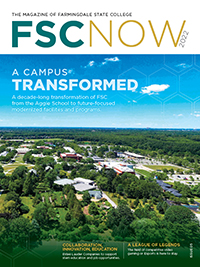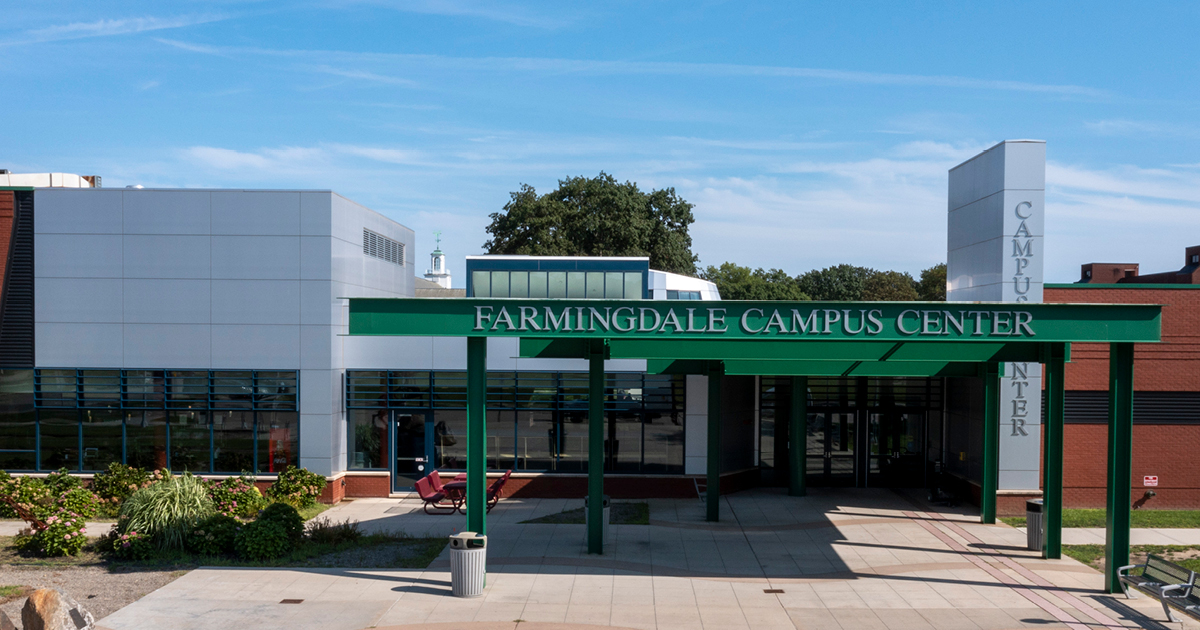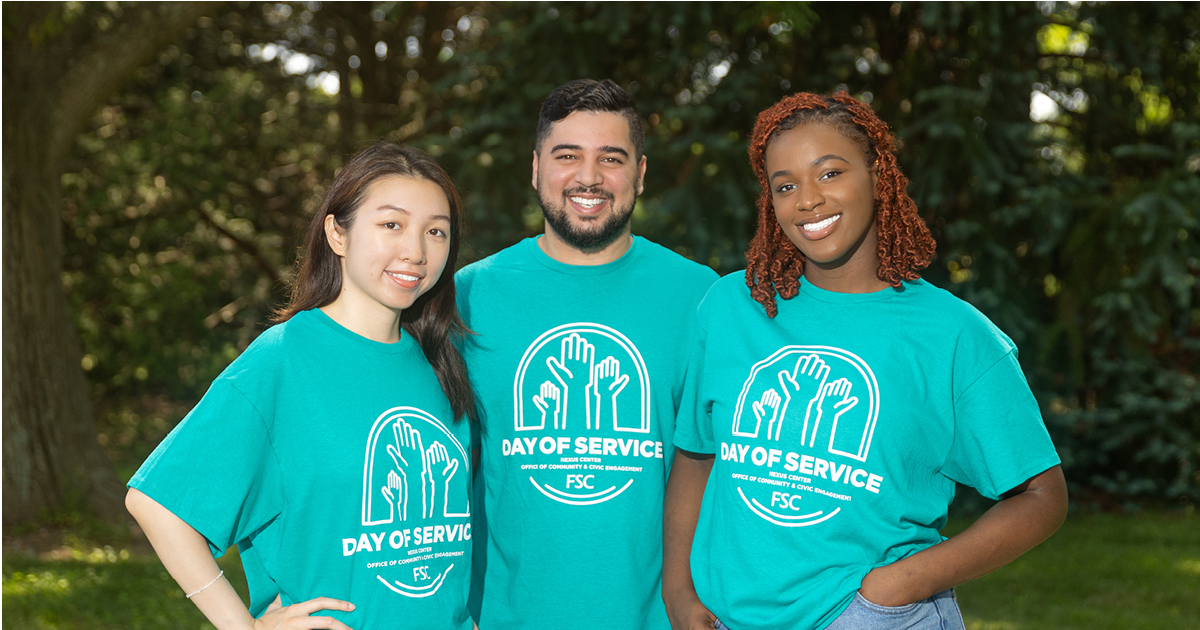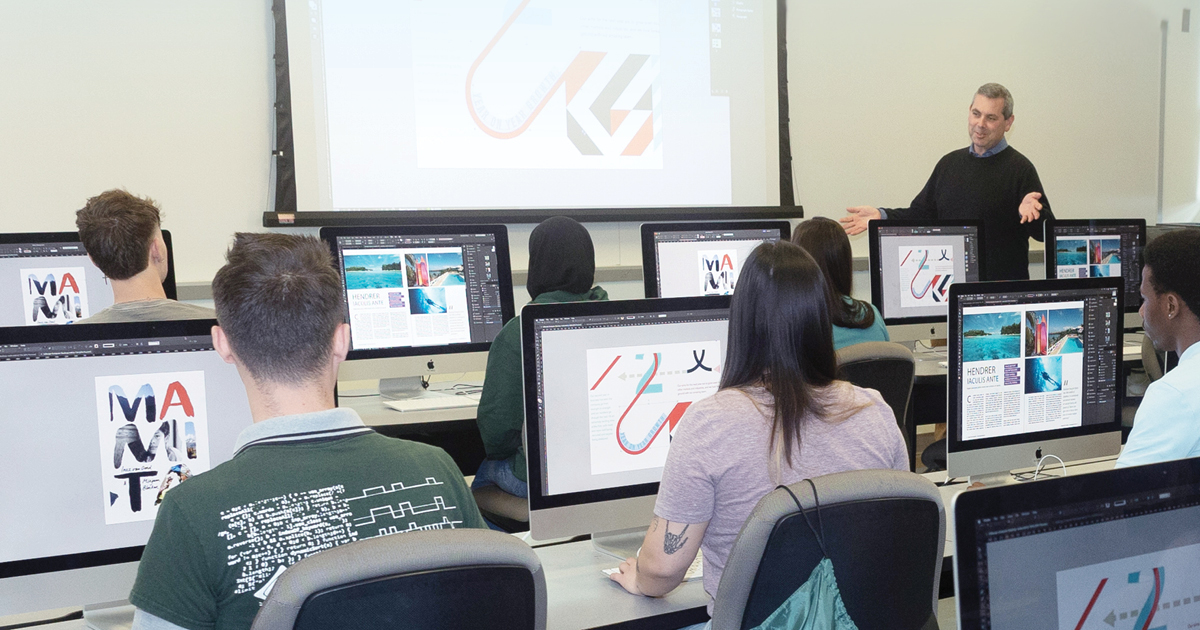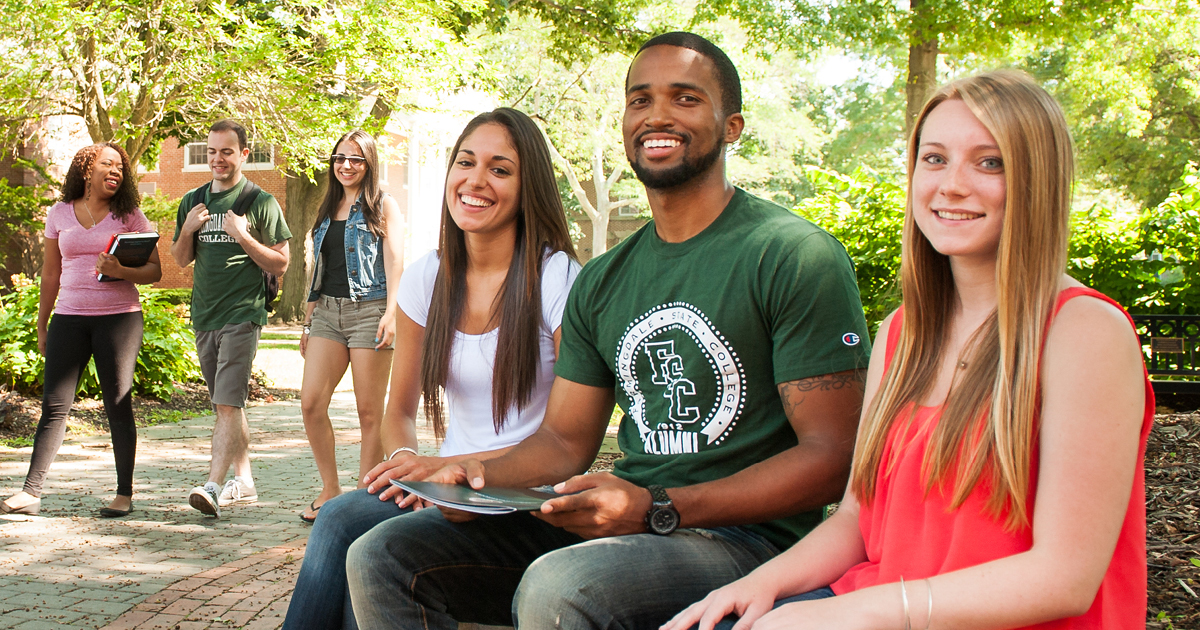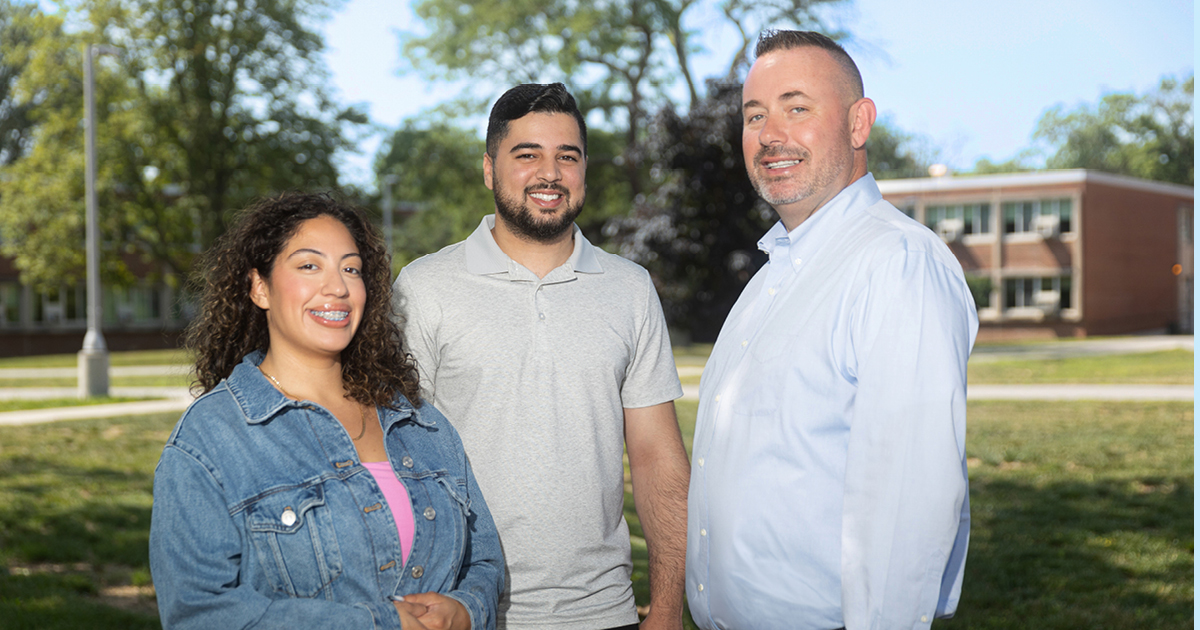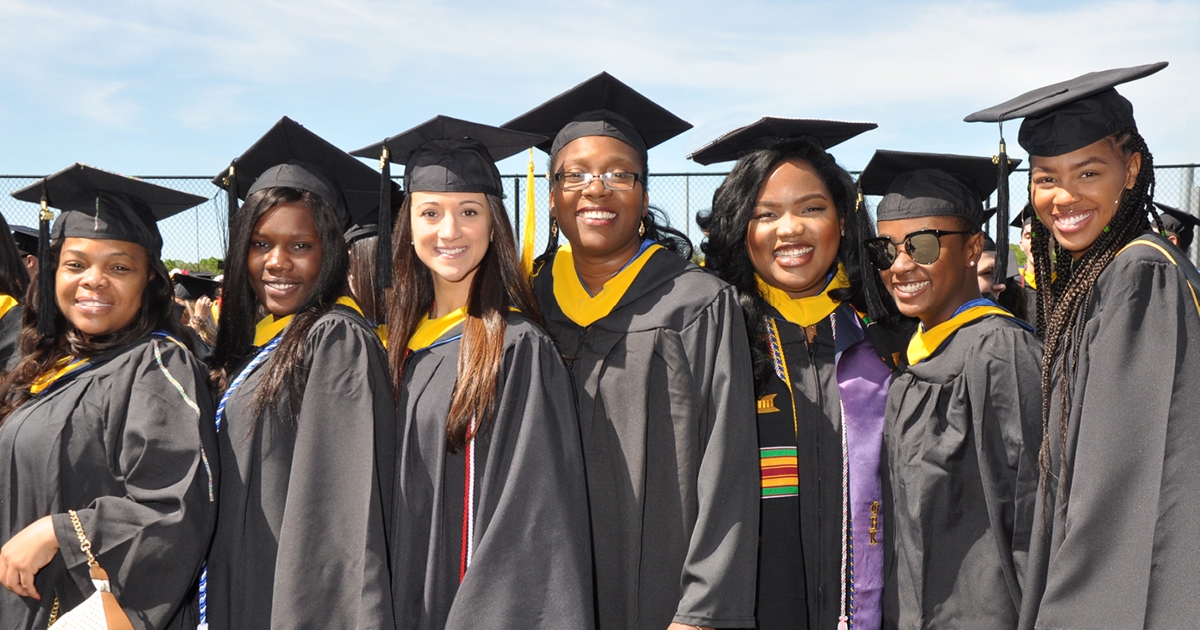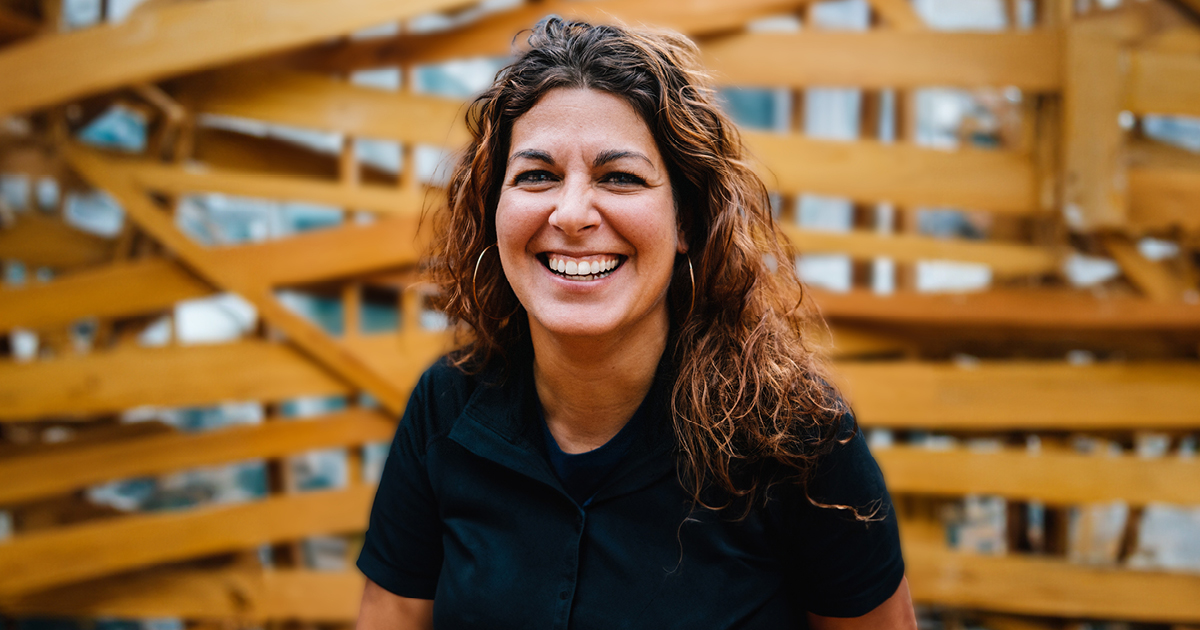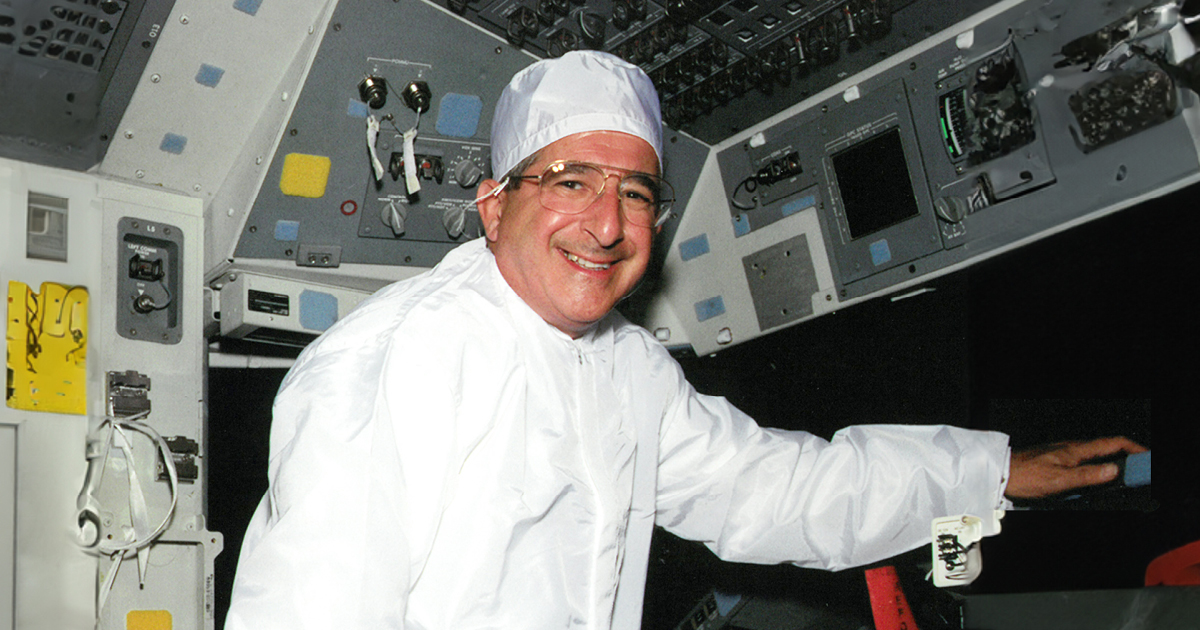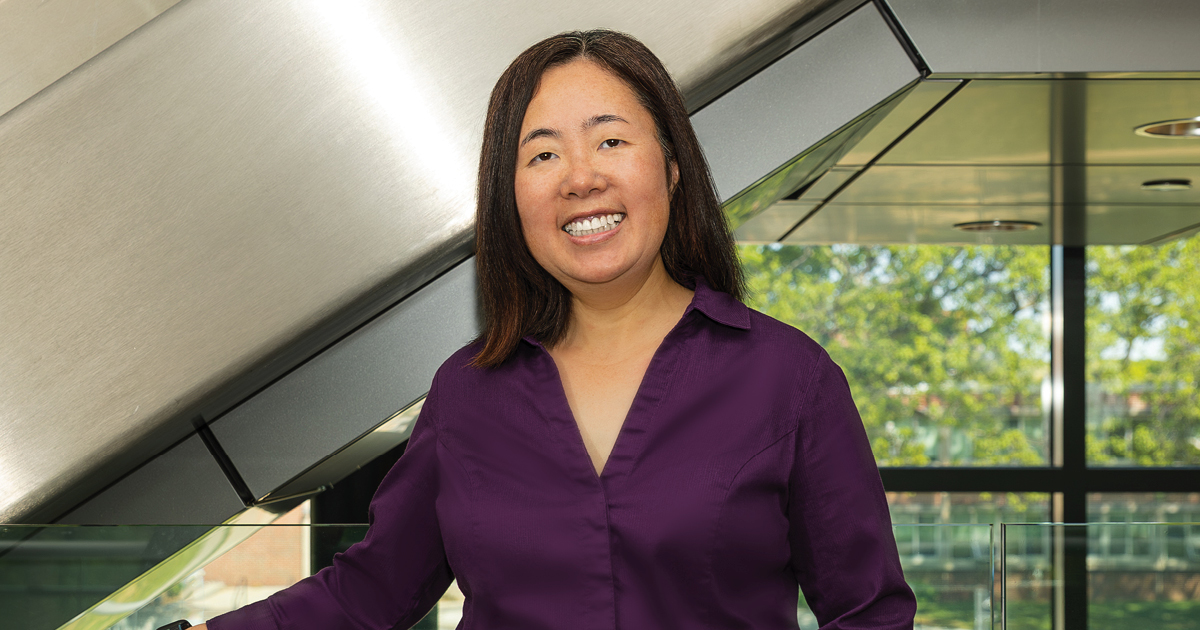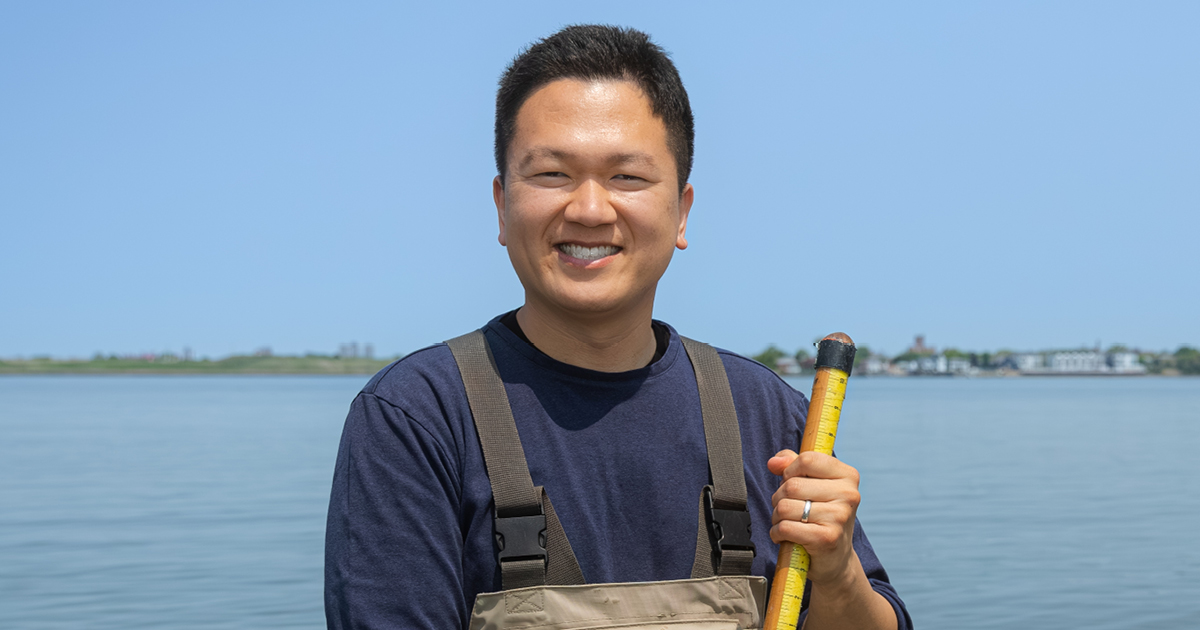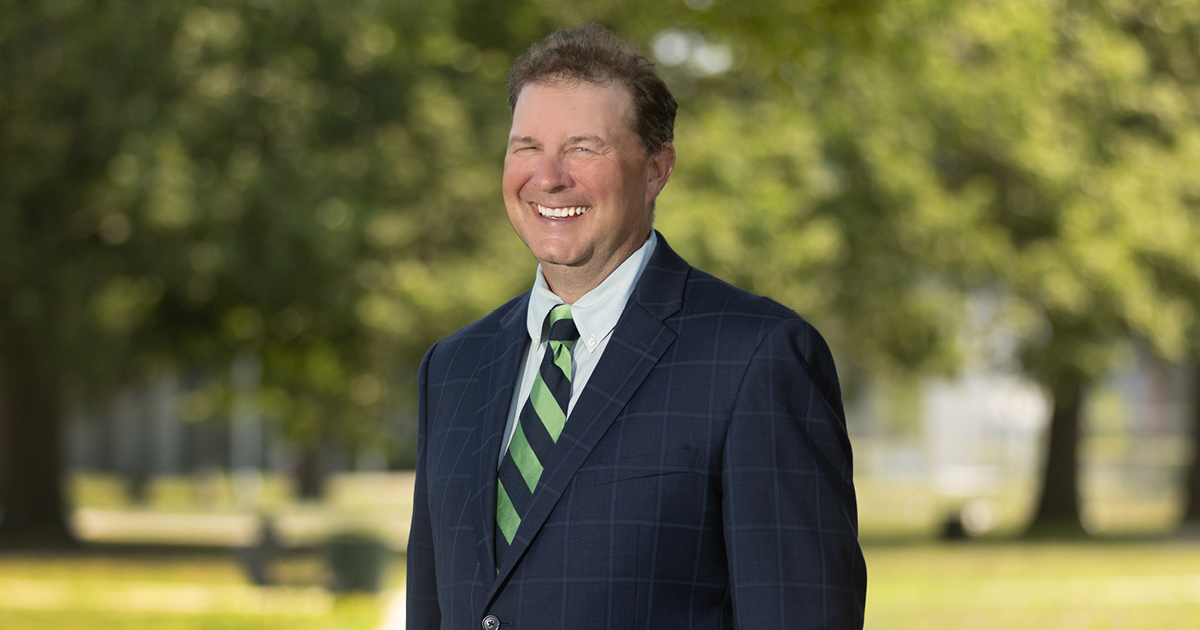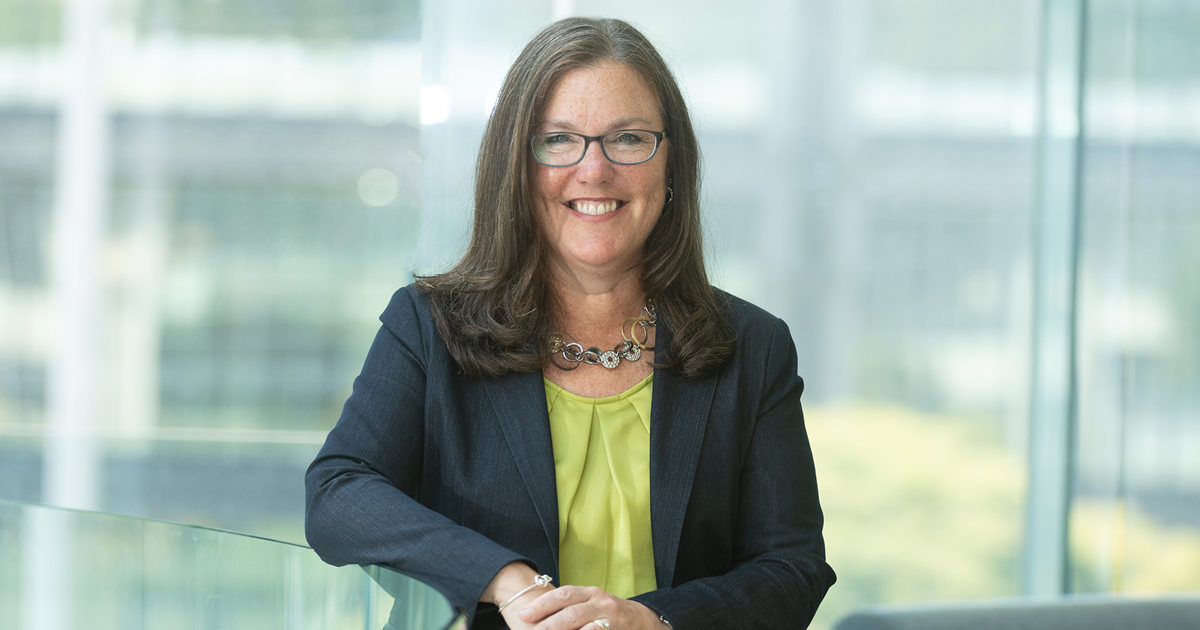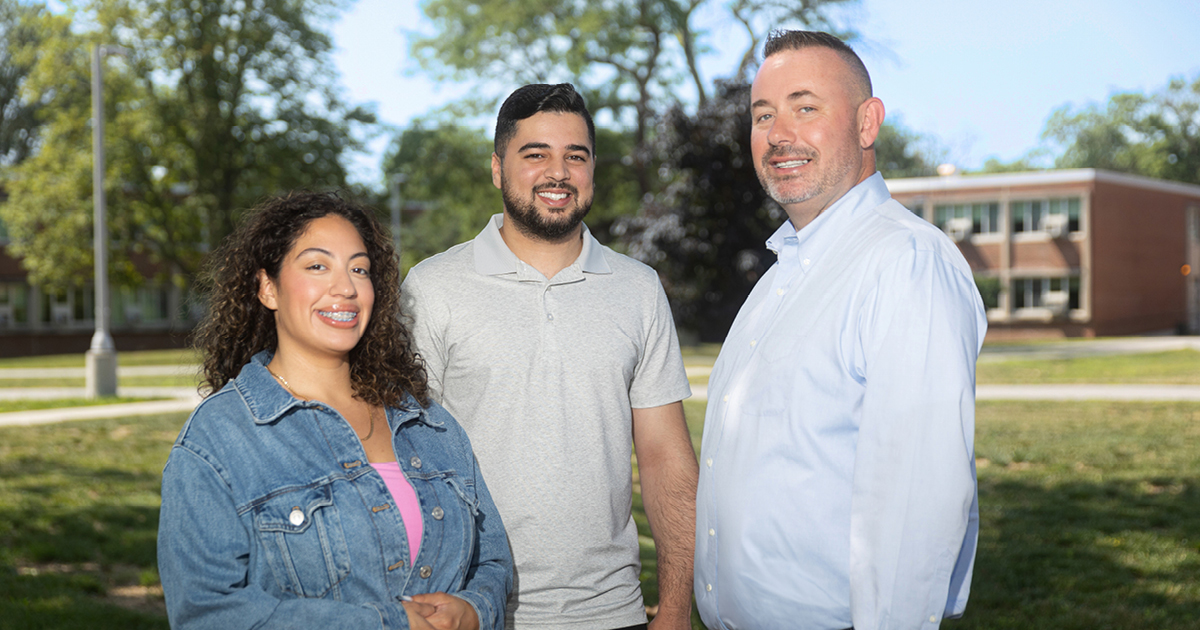Farmingdale State College (FSC) has always embraced its unique student body, and has a high percentage of commuter students who work multiple jobs, first-generation students, underserved minorities, recent immigrants, and one of the largest veteran populations in the SUNY system. Today, FSC is home to nearly 10,000 students with new interests, different demands, and changing needs.
Like many colleges and universities, FSC is educating the whole student, acknowledging that it’s not only about graduating and getting the job, but also about the difference they can make and their impact on society. In lockstep with the rapid pace of student growth and development, Farmingdale has also evolved to offer new and different experiences for the College’s constantly changing student body.
FSC recently tapped Kevin Murphy, RN, MSN, to lead this initiative in the position of executive dean for student engagement. In this newly created role, Murphy is charged with furthering a sense of belonging and community on FSC’s highly diverse campus. Working in collaboration with the Division of Academic Affairs and the broader campus community, he is serving as the chief strategist and advocate in shaping and implementing student life initiatives for the College. In this capacity, Murphy will develop and implement services and activities with the specific goal of overall student satisfaction and retention.
Murphy, who joined Farmingdale’s Health and Wellness Center in 2013 as a staff registered nurse, was most recently director of the Health and Wellness Center. He is looking to implement a vision of meeting students where they are, to fully engage and support them outside the classroom.
This vision includes a wider variety of programming that is less turnkey and has greater flexibility to mirror the diversity of the FSC student body. The College is creating a new and distinct student experience that is relevant and caters to its unique student body, offering different and memorable experiences so that when they are on campus, students have the most traditional college experience possible. The College is investing in thought-provoking guest speakers who address timely and topical issues and foster a call to action within the FSC community, such as social justice, advocacy, and improving society as a whole.
In addition to time-honored and popular student-oriented activities and events, like Ramchella, campus life awards, and the multicultural gala, this spring FSC held some new “firsts,” such as the Inaugural Day of Service and a Lavender Graduation and Pride Prom to honor and recognize the 2SLGBTQIA+ community.
Off campus, this includes harnessing the local experience thanks to FSC’s central location on Long Island, with trips to Jones Beach State Park, The Paramount in Huntington to see a concert, Citi Field in Queens for a Mets game, or Manhattan for a Broadway show.
“Our programming is designed to draw on the strengths of our students and to connect with them both on and off campus,” said Murphy. “We want our students to feel a strong sense of belonging so that, when they go home to their families, their jobs, and other commitments, their time on campus has been welcoming and fulfilling, both inside and outside the classroom.”
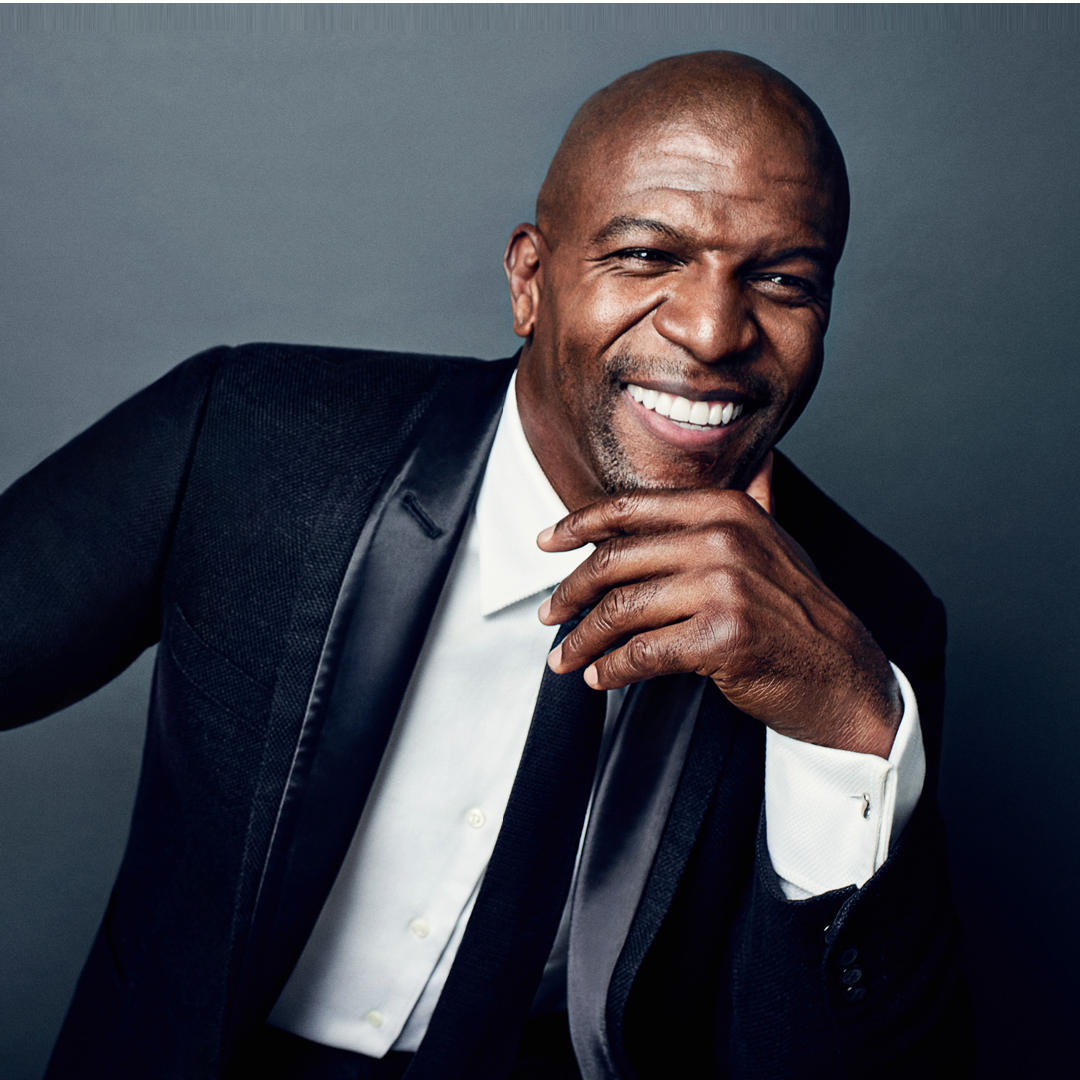
When it comes to battling inner demons, Terry Crews has the scars to prove it. The famed actor, author, activist, and former pro football player shared how he addressed his own mental health issues and advocates for others.
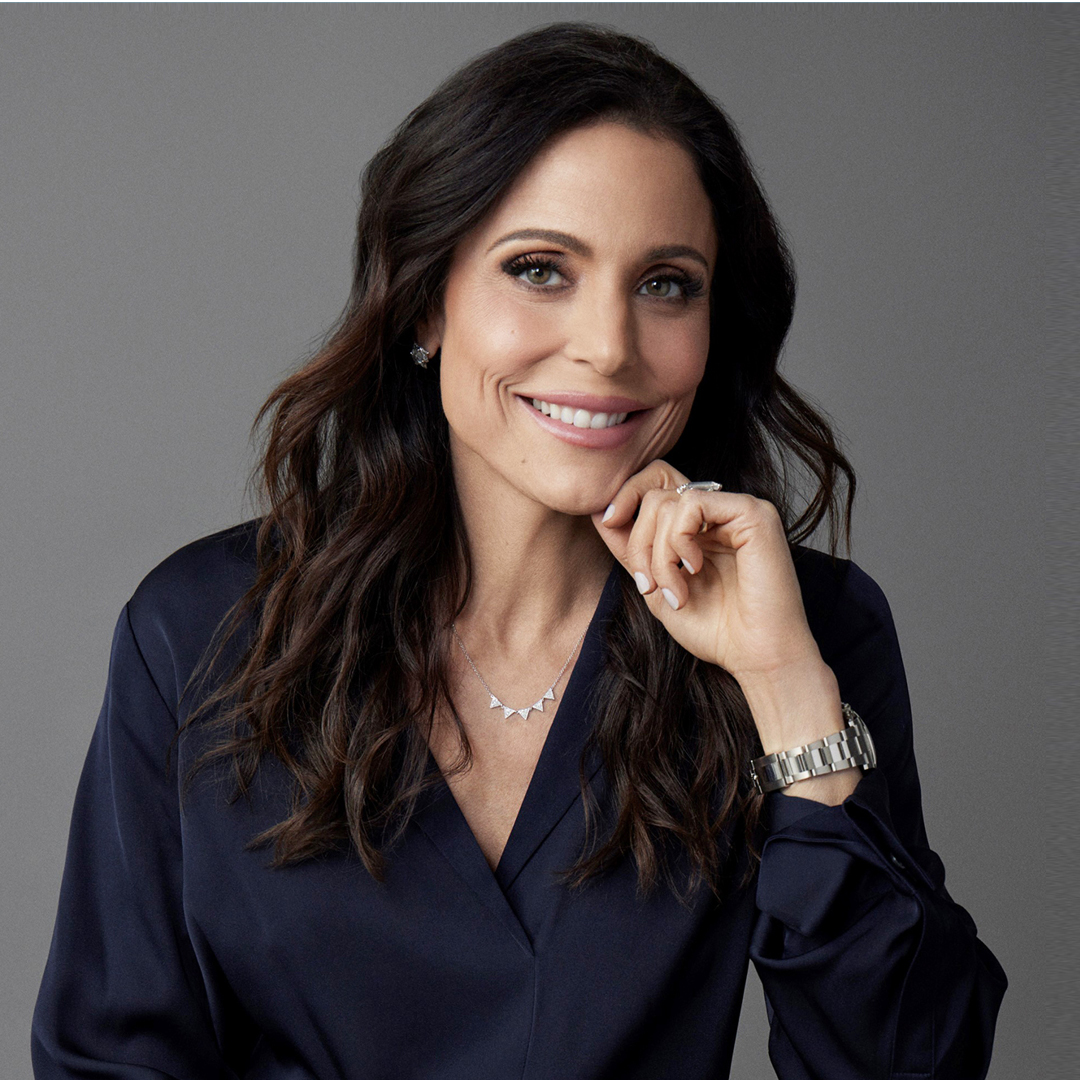
Best known as the founder of Skinnygirl and her role in Real Housewives of New York City, Bethenny Frankel was raw and real as she discussed her journey to become an entrepreneur, a philanthropist, and a woman making history.
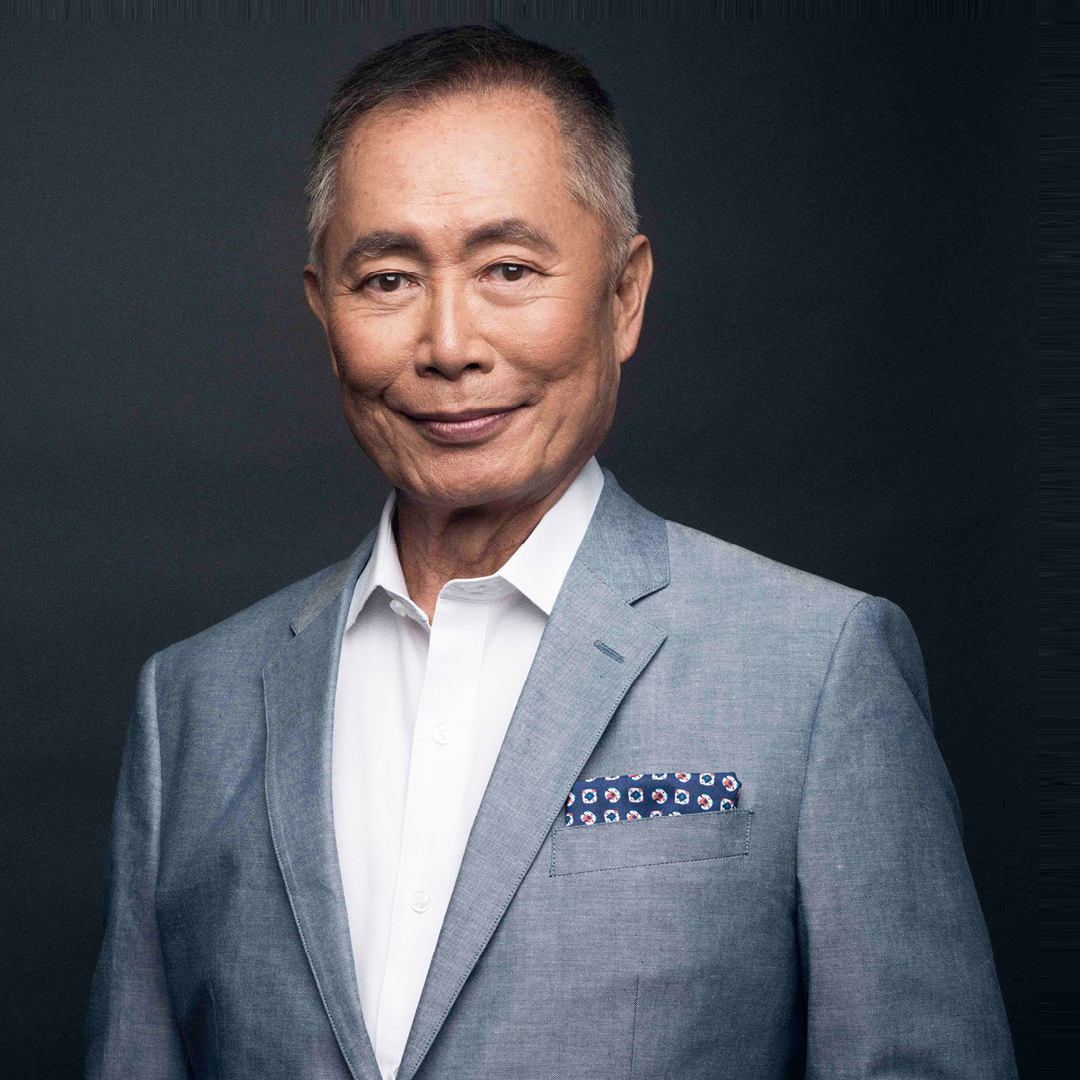
Star Trek actor and social justice and LGBQT+ advocate George Takei was among more than 120,000 Japanese Americans sent to internment camps during World War II. He urged students to embrace advocacy and not be intimidated by the magnitude of issues the world is facing.
